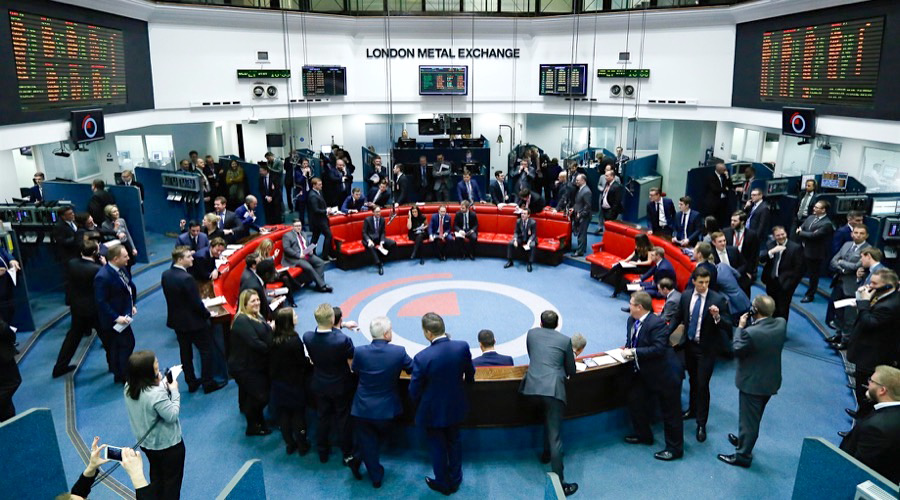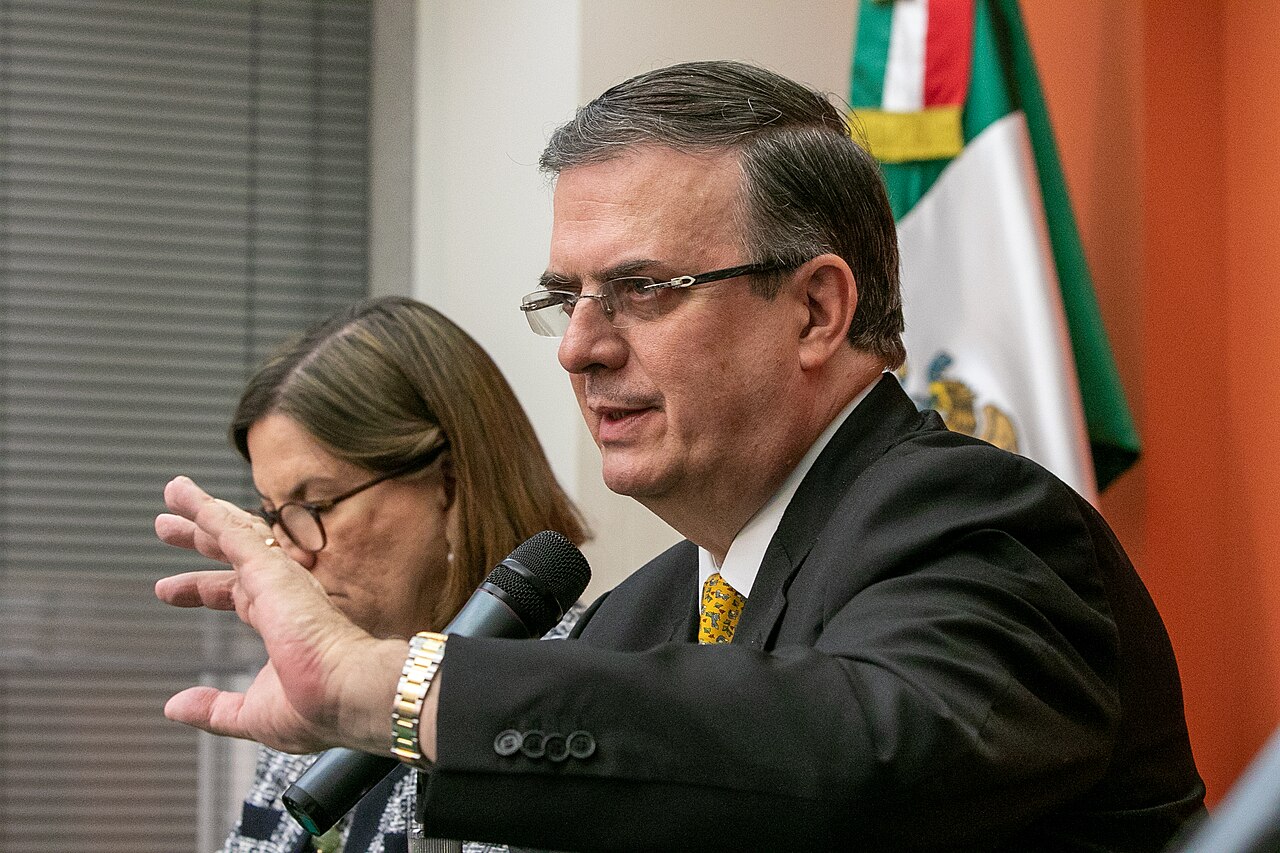London Metal Exchange to delay ban on tainted metal until 2025 — sources

The London Metal Exchange (LME) will postpone plans to ban metal tainted by human rights abuses until 2025, giving producers three more years to comply with guidelines and the exchange time to rethink its approach, industry sources said.
Under the initial plan announced in April, the exchange had set 2022 as the deadline to bar metal from the LME’s lists of approved brands whose extraction involved abuses such as child labor or which was tainted by corruption.
The initiative to ensure responsible sourcing followed an outcry about cobalt mined by children in Africa.
“It’s being kicked into the long grass, it looks like they (LME) want to rethink some aspects”
Two industry sources directly involved with the process said the deadline had been pushed back to 2025 in part because some major producers would not go along with the LME’s original plan.
A third source said delaying the deadline would give producers which bought from artisanal miners more time to ensure they met responsible sourcing guidelines set by the Organization for Economic Co-operation and Development (OECD).
A senior metal trader said the LME now had time to review its plan. “It’s being kicked into the long grass, it looks like they (LME) want to rethink some aspects,” he said. “The LME is a price setting forum, not a policeman.”
The LME declined to comment.
Industry sources said some metal producers including Chile’s Codelco, the world’s largest copper producer, and Antofagasta considered their own rules more rigorous in ensuring responsible sourcing than those drawn up by the OECD.
“The LME’s proposal doesn’t mean a better end result. They are trying to impose a standard not followed by the whole industry,” said a source with direct knowledge of the sourcing issue.
Codelco would let the LME delist its brands if the costs in time and money of implementing the LME guidelines “are unreasonable,” the source added.
Codelco told Reuters in a statement it “is participating and analyzing in detail the process that the LME is carrying out and will adopt a decision regarding its implementation when there is greater clarity regarding its content.”
“Codelco expects that if the LME definitively establishes a standard related to responsible supply, this will be made effective through an efficient, expeditious and easily managed mechanism by the companies, so as not to affect the fluid performance of the market,” the company said.
Antofagasta declined to comment.
China barrier
The implementation of the responsible sourcing initiative will depend on support from metal producers with LME-approved brands, including firms from China, the world’s largest consumer of industrial metals such as copper and aluminum.
Sun Lihui, director of the development department at the China Chamber of Commerce of Metals, Minerals & Chemicals Importers & Exporters (CCCMC), said his organization would provide “technical support to Chinese companies” over the policy and CCCMC had discussed the issue at two meetings with the LME.
A lack of Chinese legislation and experience in sourcing conflict-free minerals was hindering Chinese engagement in the process
“We hope this will encourage more companies to meet international standards and requirements,” he said, saying the policy “poses a great challenge” for Chinese firms.
Other industry sources said a lack of Chinese legislation and experience in sourcing conflict-free minerals was hindering Chinese engagement in the process, compared to other areas of the world which were actively addressing the issue.
“The U.S. have Dodd-Frank and the EU is legislating on conflict minerals. The experience and knowledge is there,” a source at a copper producer said.
Dodd-Frank legislation requires companies operating in conflict areas such as Democratic Republic of Congo to conduct due diligence to establish minerals are conflict-free. The minerals involved are tin, tantalum, tungsten and gold.
The European Union in May 2017 passed a regulation to stop mine workers being abused and conflict minerals being exported to the EU. The EU requirement to ensure mineral imports are responsibly sourced will become effective on Jan. 1, 2021.
(By Pratima Desai, Zandi Shabalala, Tom Daly and Fabian Cambero; Editing by Veronica Brown and Edmund Blair)
{{ commodity.name }}
{{ post.title }}
{{ post.date }}




Comments